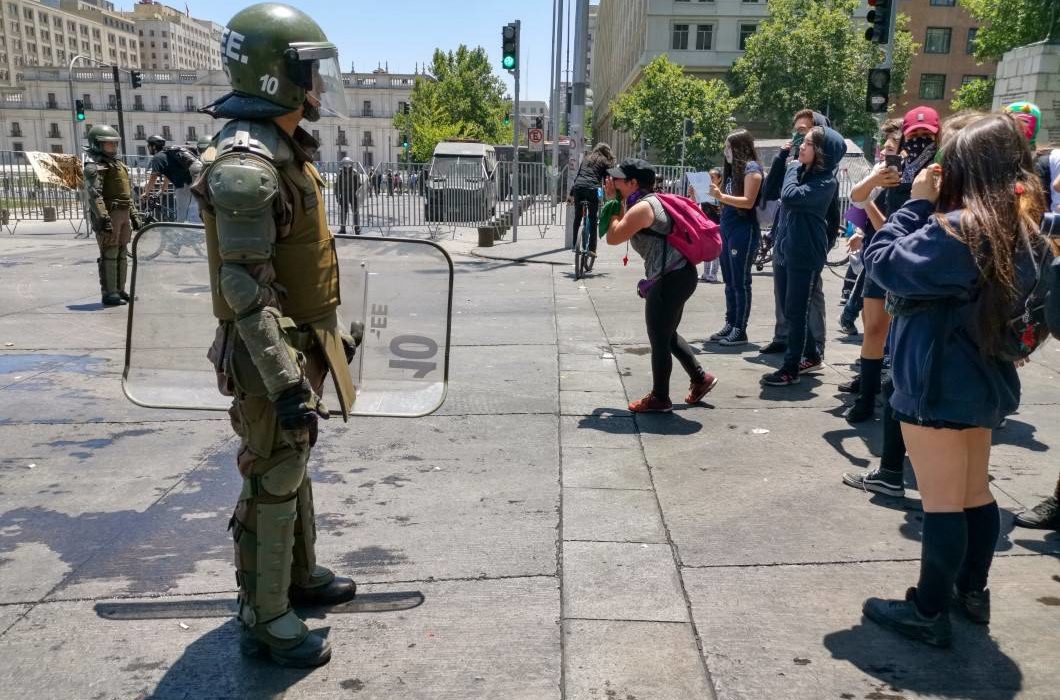
You might also like:
The Chilean government expects 300,000 more people to be unemployed, with tourism being the most affected industry.
The social outbreak in Chile is beginning to seriously affect the economy and the labor market of the South American country after more than a month of anti-government protests, which has led to at least 23 deaths. The crisis also impacts tourism.
The tourism sector has reported that over 37,000 workers have lost their jobs, with more than 938 million dollars in losses after 50% of hotel reservations were canceled.
In fact, experts from the small and medium-sized business sector estimate that about 100,000 businesses could be at risk of closing. At least 6,800 SMEs have reported riots, looting or arson.
Industries such as commerce, leisure or services have also suffered a severe blow. Chile’s finance minister Ignacio Briones warned that the crisis could generate up to 300,000 additional people unemployed.
The unemployment figure stood at 7% in the third quarter, but the Ministry of Finance fears that it may actually be 10%. The last year in which unemployment reached that figure was in 2004. Back in 2009, during the global economic crisis, the figure was also double-digit.
“Any situation that causes uncertainty makes economic agents behave more cautious, which, on the one hand, slows down hiring, but can also result in dismissals,” says Hugo Caneo, a professor with a degree in Risk Management from the Faculty of Economy and Business at the University of Chile.
The government of Sebastián Piñera, whose popularity is below 15%, has proposed economic changes and drafting a new Constitution, but street protests continue.
Those who protest demand Piñera’s resignation and profound changes in the economic model of the country. “Chile needs to restore public order to facilitate social dialogue,” says Caneo.
“If public order is not restored, given the destruction of many supermarkets and commercial premises, as well as those [businesses] working at half speed, there would be an income reduction,” said the professor at the University of Chile.
Chile could even enter a technical recession. The Central Bank reduced its GDP growth expectation from 2.5% to 1.9%.
Another problem is the devaluation of the Chilean peso. On November 14, for the first time in history, the US dollar exchange rate was more than 800 Chilean pesos, a 12% spike since the protests began.
Source: tourism-review.com



